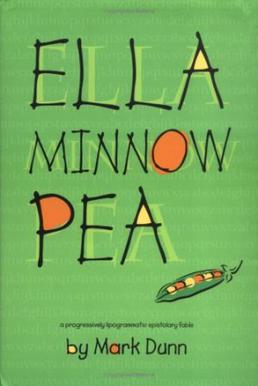There is a thought provoking novel ‘Ella Minnow Pea’, that delves into the theme of language control within a fictional dictatorship. Set in a country where letters are gradually banned, the story unfolds as communication becomes increasingly constrained. It’s a captivating read that explores the adaptability of individuals and how they communicate.
For argument’s sake, I tried to rewrite the paragraph above without using the letter ‘e’. How do you think I did?
This fascinating book digs into a fictitious country living through a dictatorship that gradually bans symbols, constraining communication. It’s a thought provoking story that shows individuals’ and communication’s adaptability.










